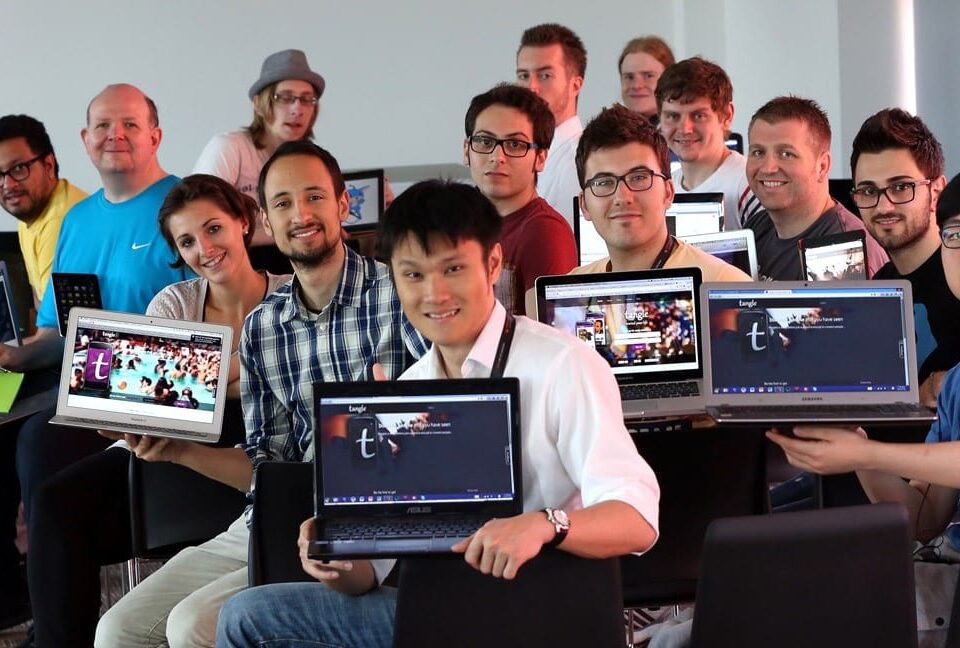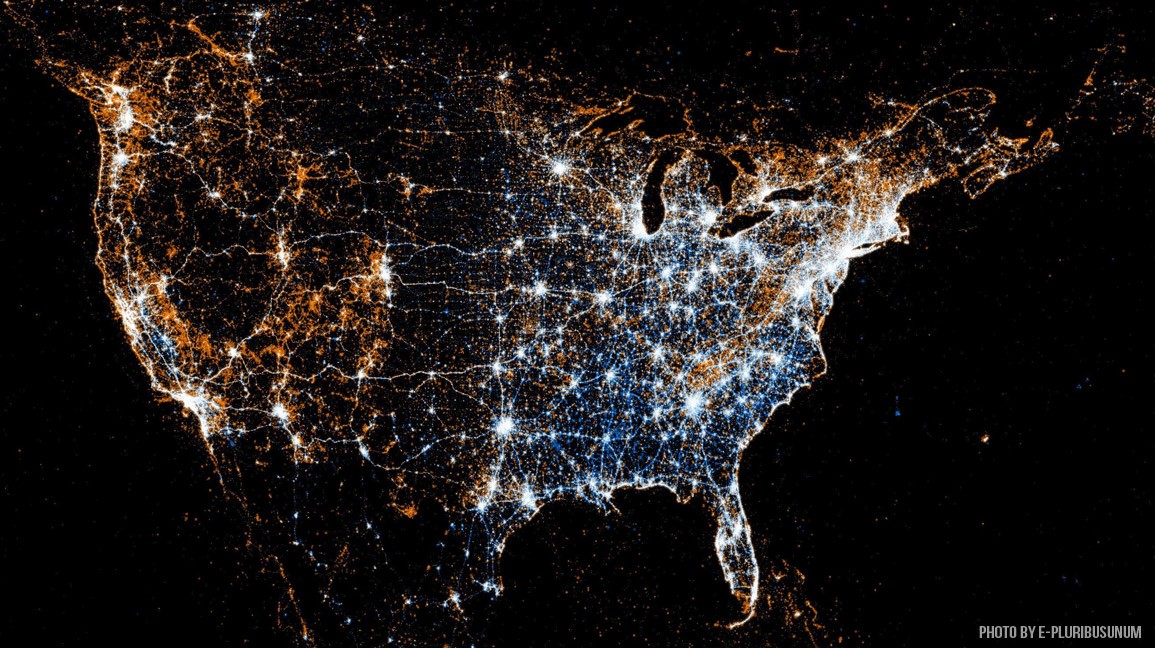The Open Data and Civic Hacking Movement
How do we get tech-savvy Millennials interested in the government? We could create an app for them…or better yet, have them create an app for us! The world of apps is filled with possibilities that are built to serve the people. Our communities can grow immensely with these technological advancements if civic hackers are willing to take on the task of sorting through available open data.
Organizations like Code for America have become essential in uniting civic hackers with local government. So much so, they have made civic hacking an important resource in changing the way our communities are run. The process can be defined as a Peace Corps for Geeks, essentially technological volunteer work designed to improve a city function. This primarily includes citizens developing solution-based apps for their city’s most pressing issues and taking on the civic responsibility of writing code to invent helpful services.
In the past, popular civic hacking projects have included: OneBusAway, which provides transit information for every bus at specific locations, Streetmix, where you can design or add applications to your own neighborhood street and see how these changes impact your community, or Flu Shot Finder, which connects users to the nearest flu shot locations available to them.
For civic hackers to be successful in their mission, cities need to make data portals available to the public. In the case of the OneBusAway app, hackers needed public transit data, like bus schedules and routes, to innovate ways users can improve their city transportation experience. Currently, 40 U.S. states and 45 U.S. cities have initiated open data plans.
The Open Data Movement
Open source first started as a movement in February 1998 at a strategy session in Palo Alto, CA (Open Source). The session sparked an increase of support for open source software. Since then, the idea of data belonging to everyone has grown immensely. The notion is that information and code is meant to be utilized and shared by the public.
The positive outcomes and numerous possibilities that stem from an open data forum are endless. Having access to this information can prove helpful for businesses and technology companies as it will improve local connectivity as well as appreciation of the city. In support of the open data policy, President Obama has even predicted that this information is “going to help launch more start-ups. It’s going to help launch more businesses… It’s going to help more entrepreneurs come up with products and services that we haven’t even imagined yet.” The best part is that communities are in complete control of how this data is used.
Through this new system, the government becomes reliant on the peoples’ brainpower and innovation. There is a sense of trust, transparency, and accessibility that has never existed before. The new nationalistic priority is to find solutions for local issues.
Cities like San Francisco, Chicago, and New York are leading this movement, but Los Angeles is quickly entering the picture. With their efforts to bring civic hackers into more political discussions, LA started by opening the books. Control Panel LA strives to serve the community with technology in the best way possible. The site’s main features include Audits, Payroll, and Checkbook LA, which all help educate the people on city spending through simplified information. Controller, Ron Galperin, released the site with the intention of bringing people into the 21st century. He believes that technology is very useful when it works and becomes an outlet for better communication.
Get Involved
If you are interested in the world of civic hacking, there are many ways that you can get started. Find out if your city supports open data by visiting DATA.GOV or by checking out a local Code for America Brigade to find volunteer groups. If you are passionate about solving real issues in your community, you may also want to start your own brigade and reach out to city officials.
To further your immersion in open data and the civic hacking experiencing, apply for the Code of America Fellowship Program. This program offers the opportunity to create small, start-up teams that partner with local governments to build apps and discover new ways to approach the city’s problems.
Become active in making changes for your community!











